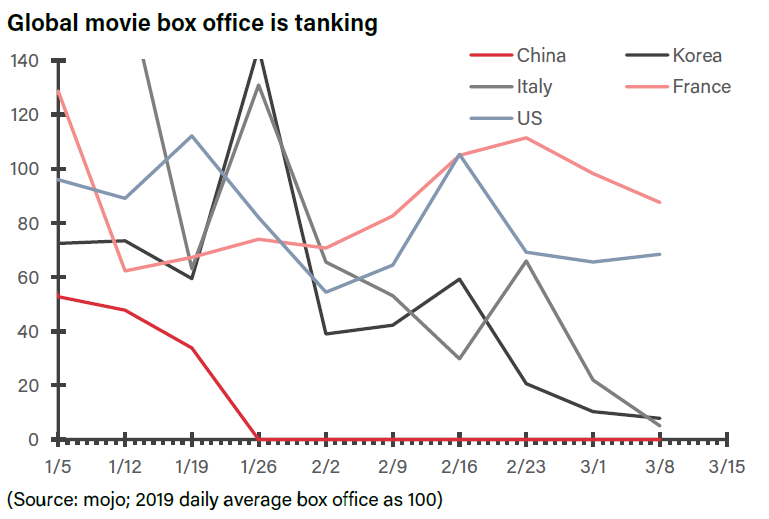
Beijing released the major economic data for the first two months of 2020 this morning after the Federal Reserve cut rates to zero.

Beijing released the major economic data for the first two months of 2020 this morning after the Federal Reserve cut rates to zero.
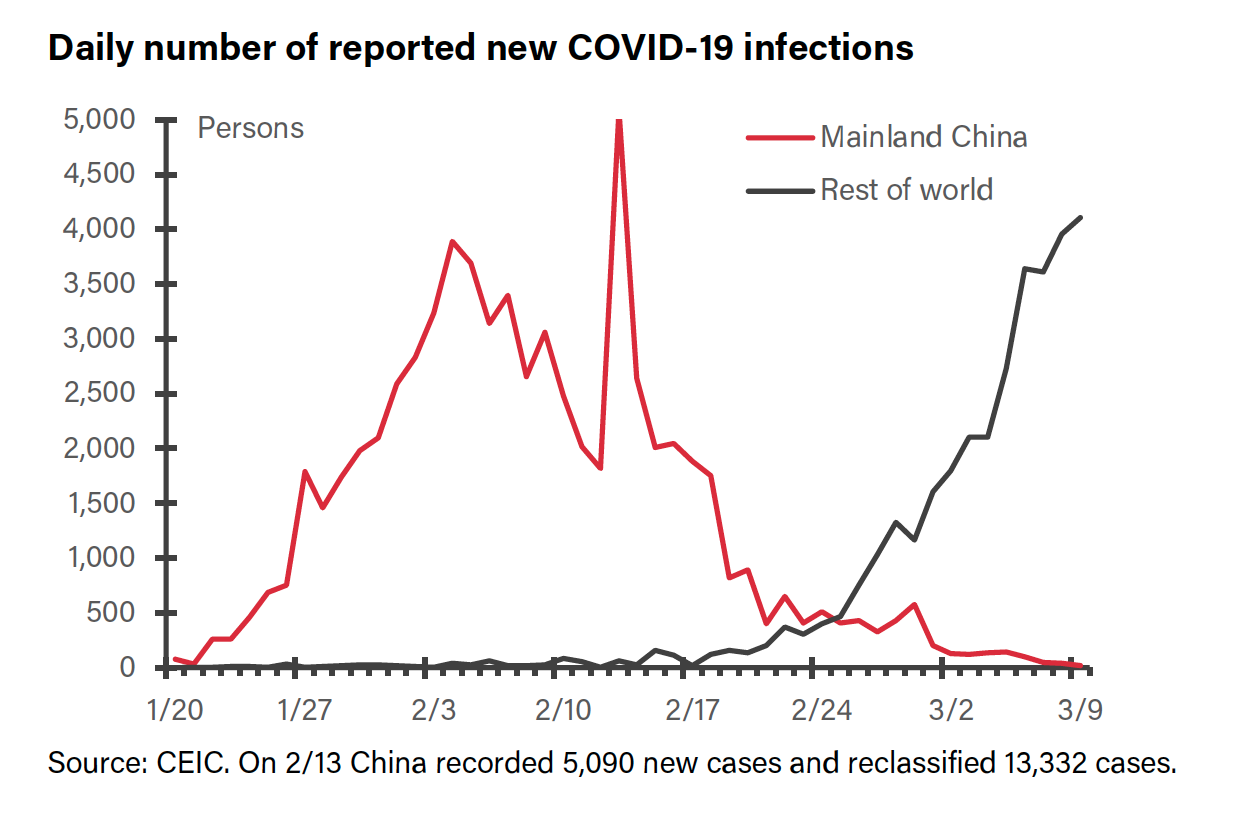
A global slowdown causes more troubles for Chinese exporters and forces Beijing to accept lower growth in 2020.
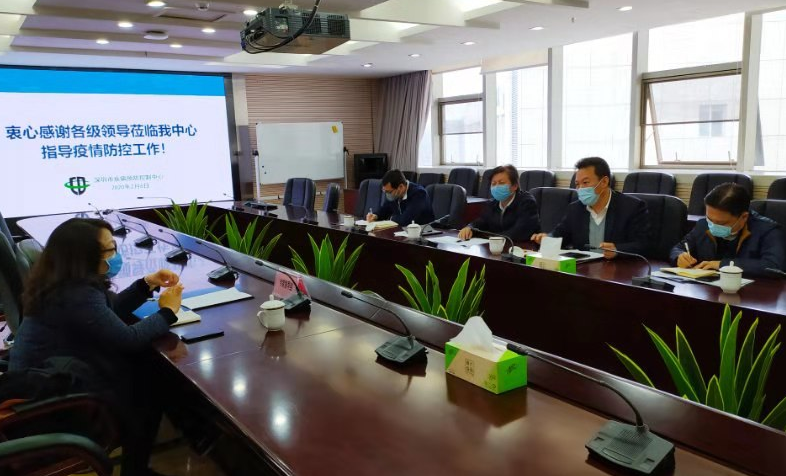
Beijing decided to postpone the annual meeting of the National People’s Congress (NPC) this afternoon due to the outbreak. We hold the view that it is likely to be held in late March with about two weeks delay, and there is a small chance that it will be delayed into April (See: Expect More Delays to Restoring Business). The healthcare system would certainly be a top priority for discussion at this year’s NPC annual meeting.
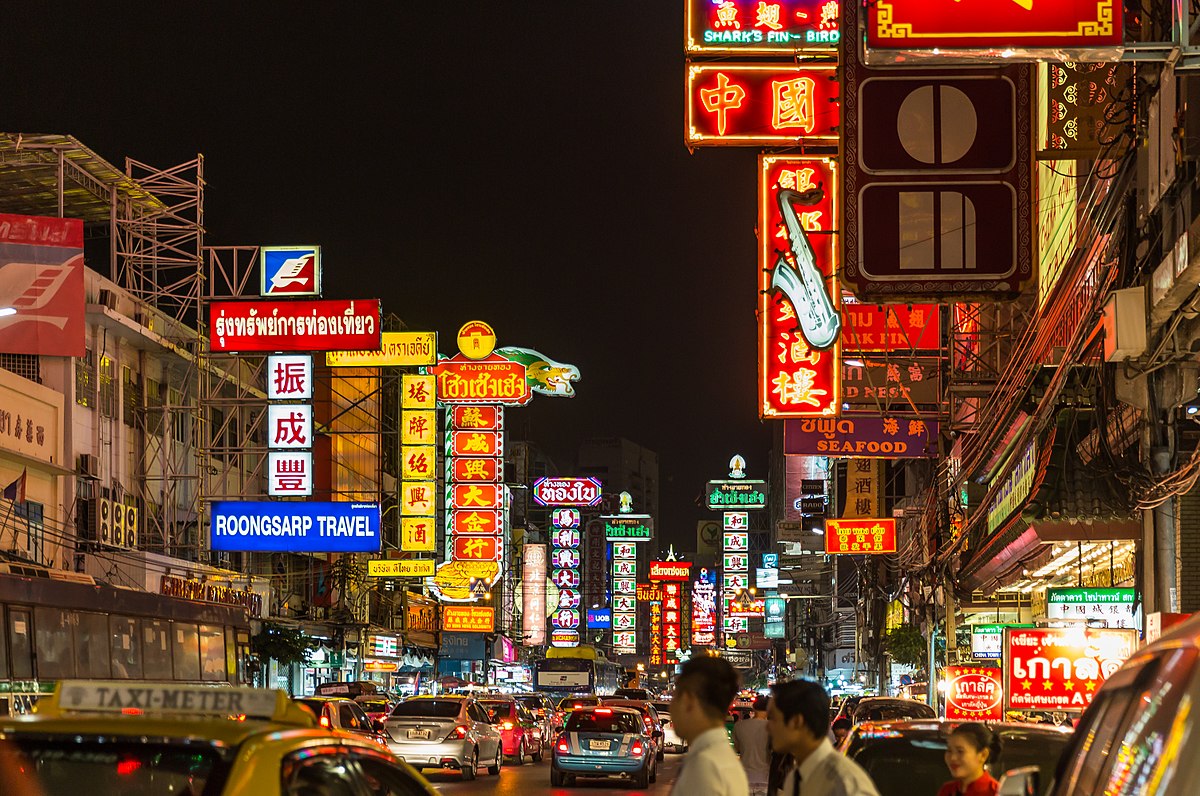
Chinese government is putting more focus on restoring business operations, but the policy responses still fall short of expectations. The impact is going to be increasingly felt in the rest of Asia, and this time, countries will need to come up with their own measures to support the economy rather than waiting for Beijing to bail them out.
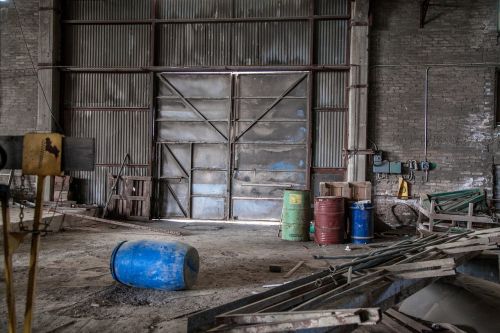
For the manufacturing sector, firms could resume work today if their workers and suppliers are both local, but the firms must pass strict health and sanitation checks. For instance, enough face masks must be made available to workers, a difficult requirement for many employers, as local governments have been commandeering available face masks. Those labor-intensive manufacturers employing workers from all over the country will have to wait for longer.
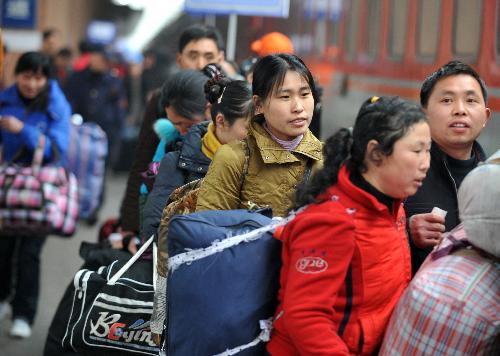
We are very skeptical that corporate China would resume production as usual on 10 February (next Monday). The number of new cases is still rising rapidly at over 3,000 per day and there are signs that some places outside Hubei province are in emergency with a few cities toughening policies on mobility. Several cities in Jiangsu and Zhejiang provinces also announced very strict rules preventing residents from going out of their living compounds.
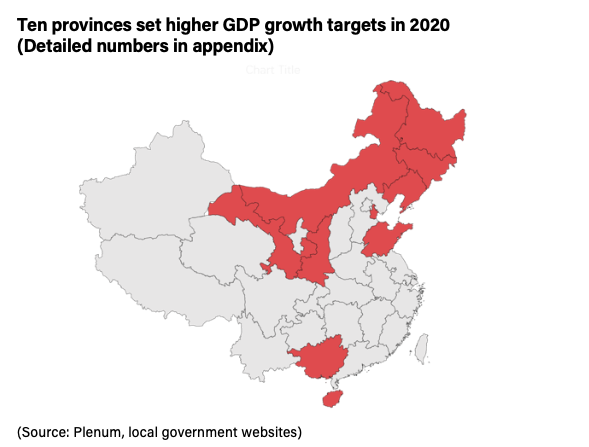
Comparing the coronavirus with SARS is not quite appropriate because the scope of quarantine is unprecedented. Several of our team members were in Beijing in 2003 and as far as we remember, the schools were shut down and the workers were told to work from home for a month. But the transportation service was still functioning and most other places in the country were working as usual.
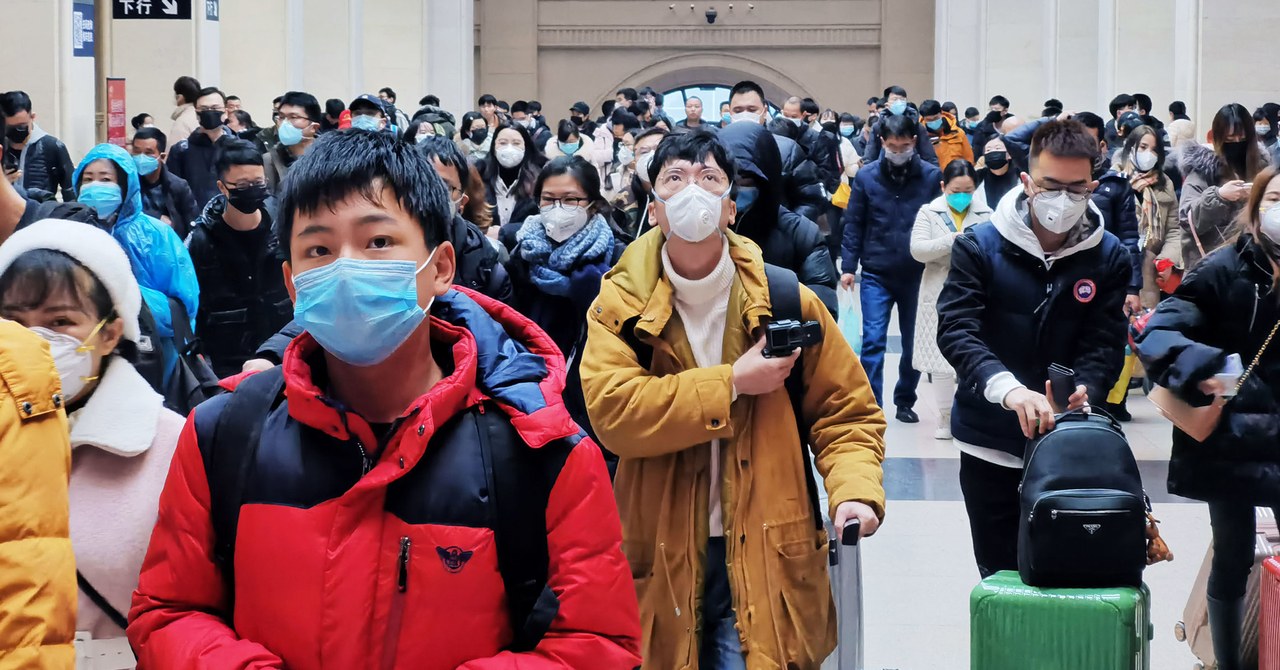
While the death rate of the N-coronavirus is less than 3%, well below that of SARS in 2003 (10%) and Beijing’s response is considerably quicker than 17 years ago, the fact that the crisis is taking place during Spring Festival, China’s peak travel season means that the economy will likely take a bigger hit compared to 2003.